Written by MIKE STOBBE
The U.S. infant mortality rate rose 3% last year — the largest increase in two decades, according to the Centers for Disease Control and Prevention.
White and Native American infants, infant boys and babies born at 37 weeks or earlier had significant death rate increases. The CDC’s report, published Wednesday, also noted larger increases for two of the leading causes of infant deaths — maternal complications and bacterial meningitis.
“It’s definitely concerning, given that it’s going in the opposite direction from what it has been,” said Marie Thoma, a University of Maryland researcher who studies maternal and infant mortality.
Dr. Eric Eichenwald, a Philadelphia-based neonatologist, called the new data “disturbing,” but said experts at this point can only speculate as to why a statistic that generally has been falling for decades rose sharply in 2022.
RSV and flu infections rebounded last fall after two years of pandemic precautions, filling pediatric emergency rooms across the country. “That could potentially account for some of it,” said Eichenwald, who chairs an American Academy of Pediatrics committee that writes guidelines for medical care of newborns.
Infant mortality is the measure of how many babies die before they reach their first birthday. Because the number of babies born in the U.S. varies from year to year, researchers instead calculate rates to better compare infant mortality over time. The U.S. infant mortality rate has been worse than other high-income countries, which experts have attributed to poverty, inadequate prenatal care and other possibilities. But even so, the U.S. rate generally gradually improved because of medical advances and public health efforts.
The national rate rose to 5.6 infant deaths per 1,000 live births in 2022, up from from 5.44 per 1,000 the year before, the new report said.
The increase may seem small, but it’s the first statistically significant jump in the rate since the increase between 2001 and 2002, said Danielle Ely, the CDC report’s lead author. She also said researchers could not establish whether the 2022 rise was a one-year statistical blip — or the beginning of a more lasting trend.
Overall in the U.S., the death rate fell 5% in 2022 — a general decrease that’s been attributed to the waning impact of the COVID-19 pandemic, especially on people 65 and older. U.S. maternal deaths also fell last year.
More than 30 states saw at least slight rises in infant mortality rates in 2022, but four states had statistically significant increases — Georgia, Iowa, Missouri and Texas.
In numbers, U.S. infant deaths surpassed 20,500 in 2022 — 610 more than the year before nationwide. But Georgia had 116 more infant deaths than the year before, and Texas had 251 more.
“It would appear that some of the states could be having a larger impact on the (national) rate,” Ely said, adding that smaller increases elsewhere also have an effect — and that it’s hard to parse out exactly what places, policies or other factors are behind the national statistic.
Featured photo via AP Photo/Eric Gay.
Related Stories
‹
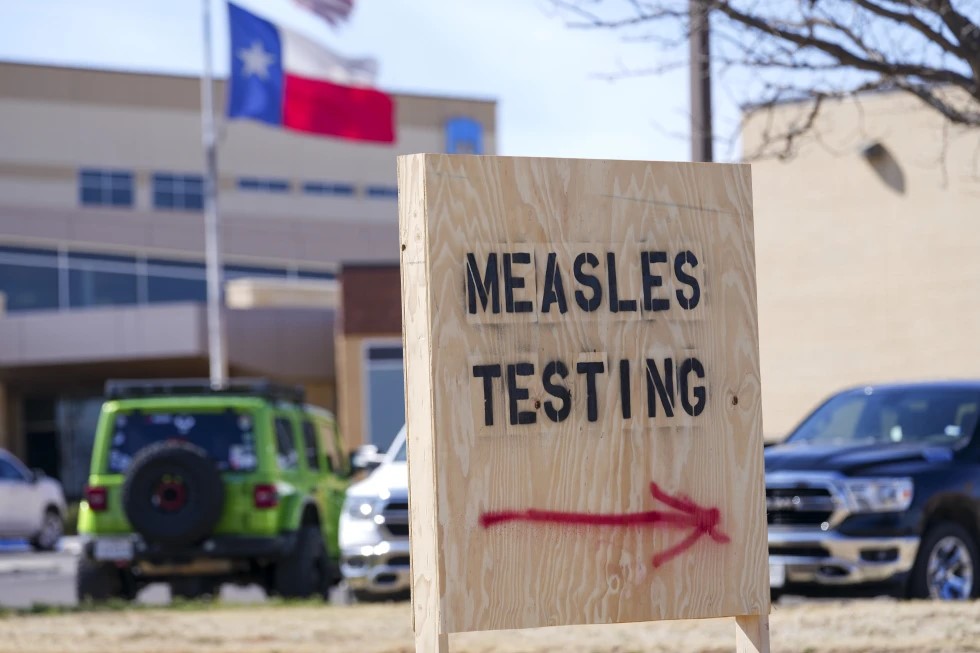
As Measles Cases Mount in the US, What’s the Situation Worldwide?The U.S. registered its first death from measles since 2015 this week. While more common globally, the virus' numbers are up in recent years.

US and China Launch Talks on Fentanyl Trafficking in a Sign of Cooperation Amid DifferencesAmerican and Chinese officials met Tuesday to discuss joint efforts to stem the flow of fentanyl into the United States.
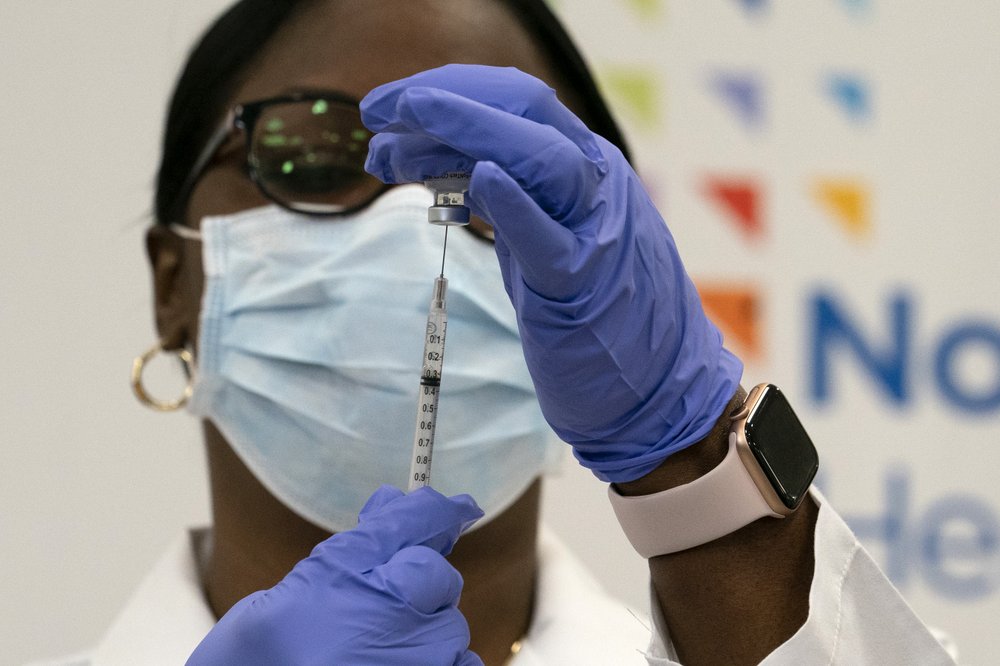
Sources: US To Recommend COVID Vaccine Boosters at 8 MonthsWritten by ZEKE MILLER U.S. health experts are expected to recommend COVID-19 vaccine boosters for all Americans, regardless of age, eight months after they received their second dose of the shot, to ensure lasting protection against the coronavirus as the delta variant spreads across the country. Federal health officials have been actively looking at whether […]
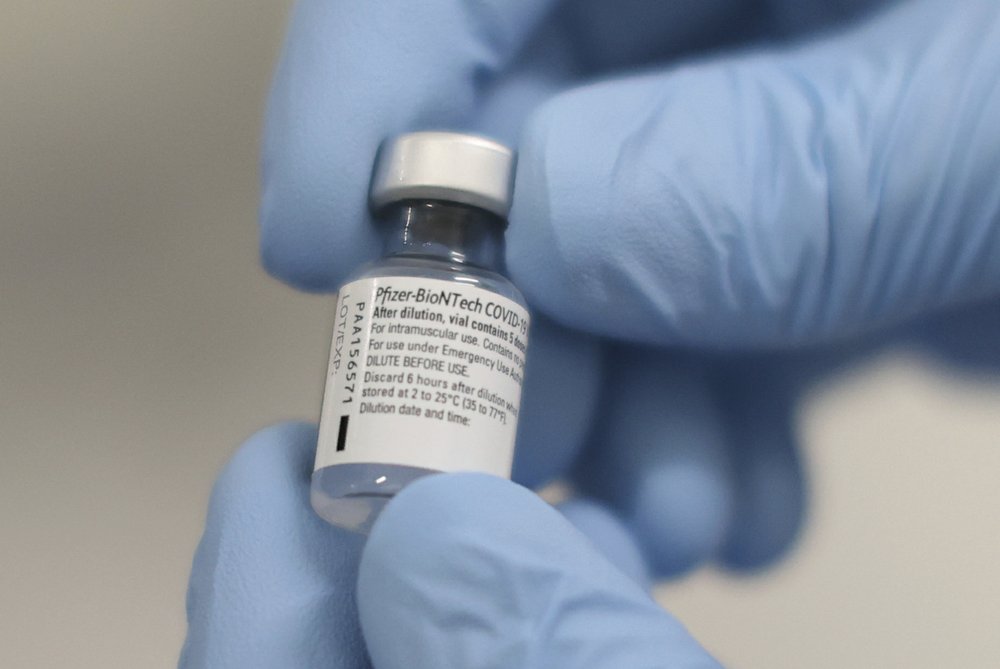
Extra COVID Vaccine OK’d for Those With Weak Immune SystemsWritten by LAURAN NEERGAARD and MATTHEW PERRONE U.S. regulators say transplant recipients and others with severely weakened immune systems can get an extra dose of the Pfizer or Moderna COVID-19 vaccines to better protect them as the delta variant continues to surge. The late-night announcement Thursday by the Food and Drug Administration applies to several […]
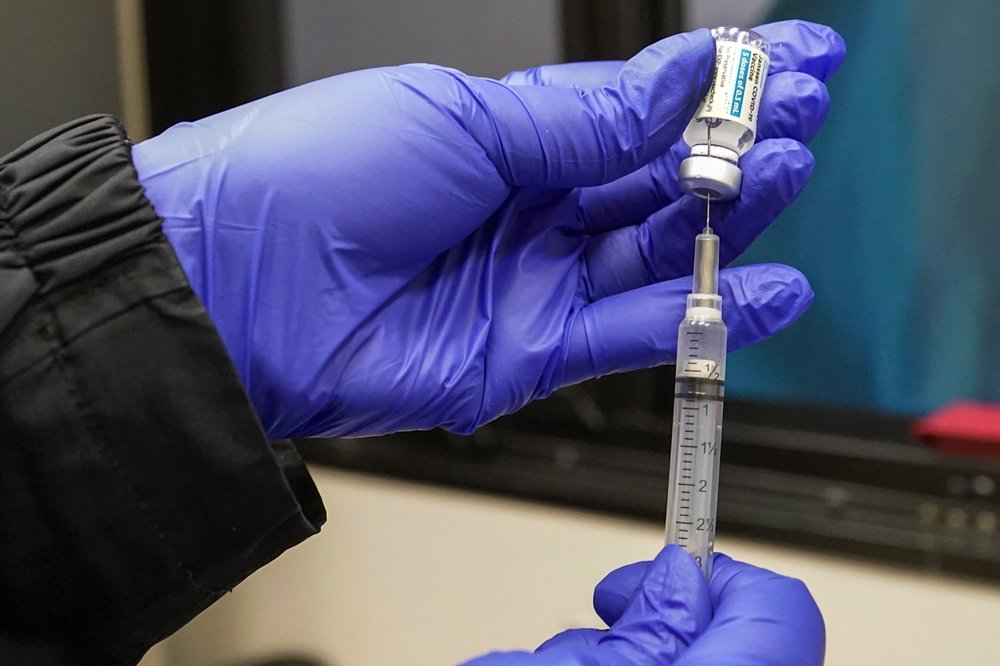
U.S. Recommends ‘Pause’ for J&J Vaccine Over Clot ReportsWritten by ZEKE MILLER The U.S. is recommending a “pause” in administration of the single-dose Johnson & Johnson COVID-19 vaccine to investigate reports of potentially dangerous blood clots. In a joint statement Tuesday, the Centers for Disease Control and Prevention and the Food and Drug Administration said they were investigating unusual clots in six women that […]
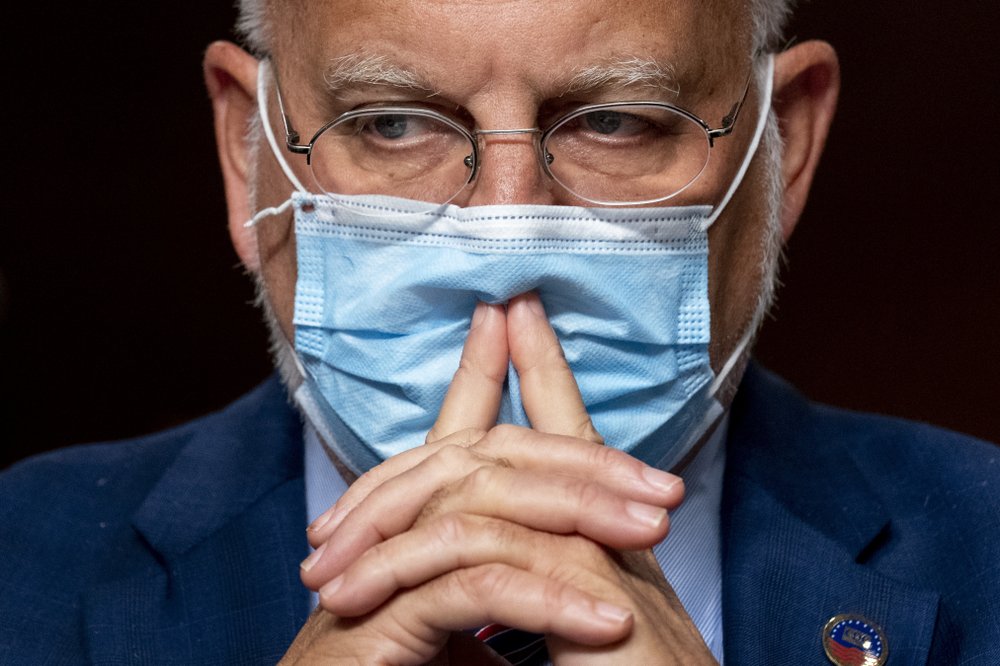
200,000 Dead as Trump Vilifies Science, Prioritizes PoliticsI could,” President Donald Trump said. Huddled with aides in the West Wing last week, his eyes fixed on Fox News, Trump wasn’t talking about how he had led the nation through the deadliest pandemic in a century. In a conversation overheard by an Associated Press reporter, Trump was describing how […]
![]()
North Carolina Health Officials Report Pediatric Flu DeathNorth Carolina has its first pediatric flu death for the 2019-2020 flu season, health officials said. A child in the western part of the state died in December from complications from the flu, the N.C. Department of Health and Human Services said in a news release on Thursday. The department said it won’t release any […]
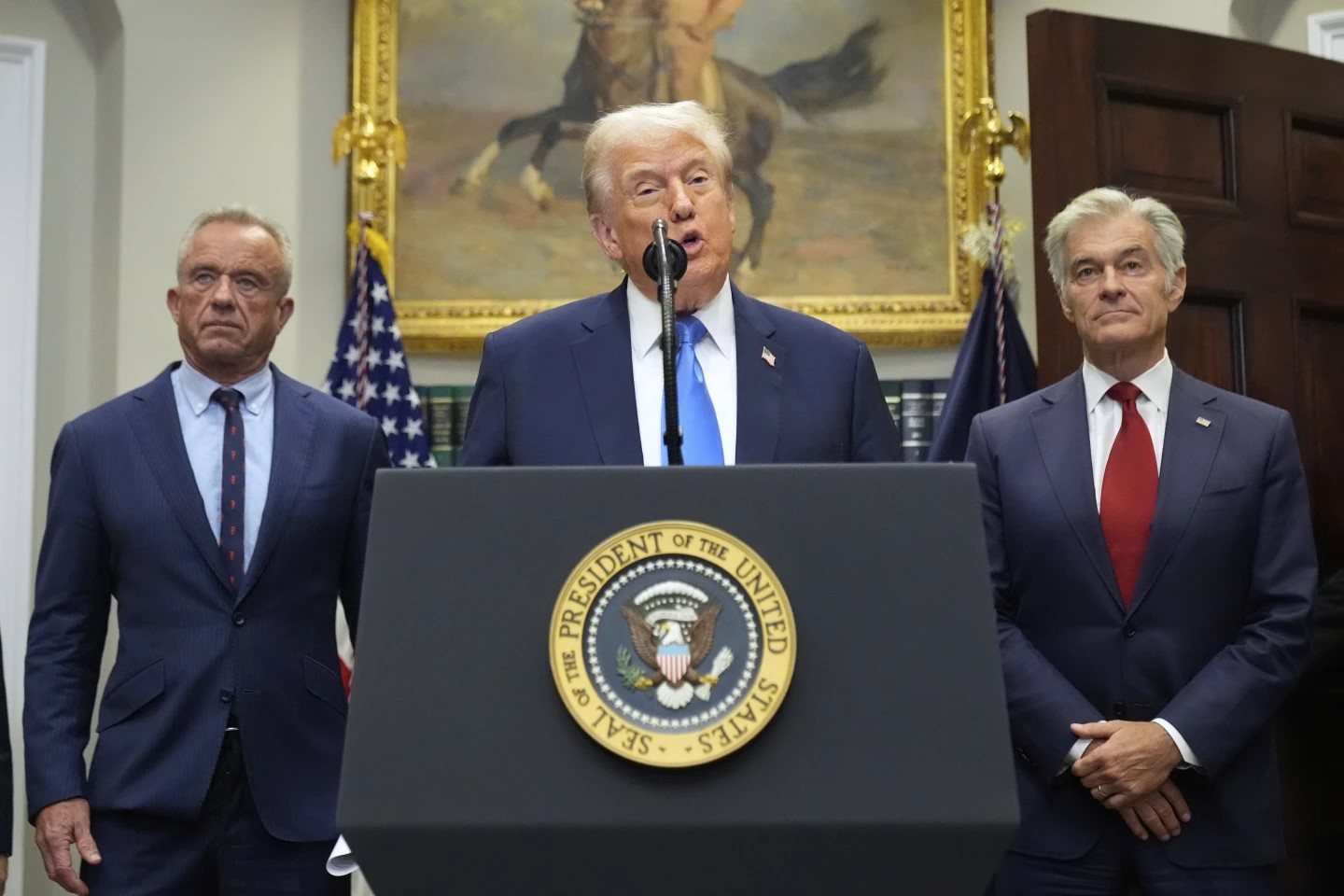
Federal Employees in Mental Health and Disease Control Were Among Targets in Weekend FiringsHundreds of federal employees working on mental health services, disease outbreaks and disaster preparedness were among those hit by the Trump administration’s mass firings over the weekend.

What a New Poll Shows About Where Americans Think the Country Is HeadingOverall, about one-quarter of Americans say things in the country are headed in the right direction, down from about 4 in 10 in June.
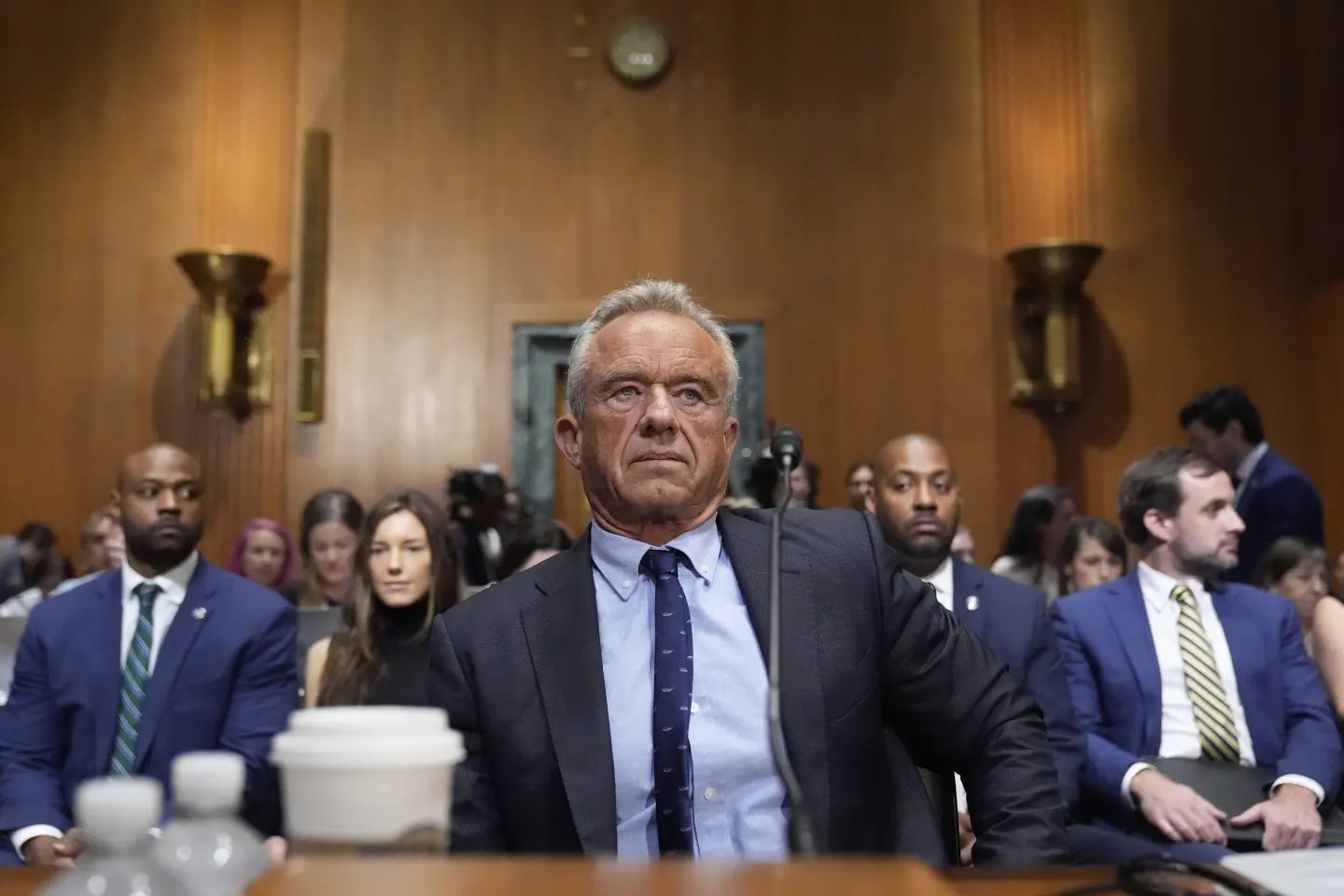
Kennedy Tries To Defend COVID-19 Vaccine Stance in Raucous Senate HearingU.S. Health Secretary Robert F. Kennedy Jr., facing pointed bipartisan questioning at a rancorous three-hour Senate committee hearing on Thursday, tried to defend his efforts to pull back COVID-19 vaccine recommendations.
›










